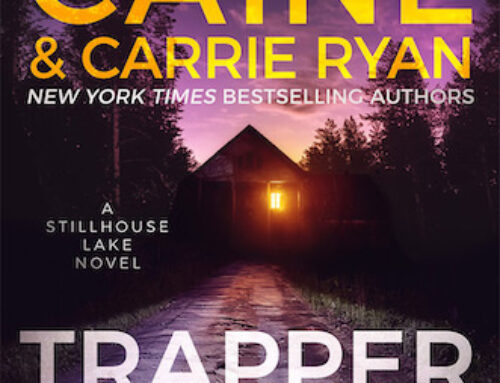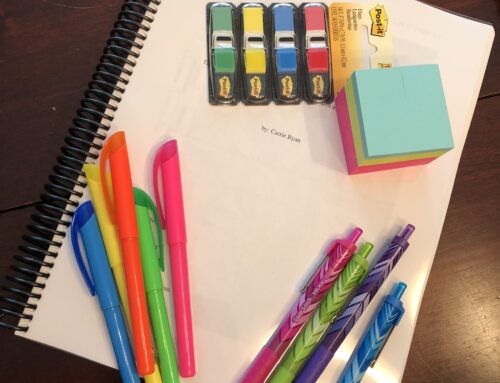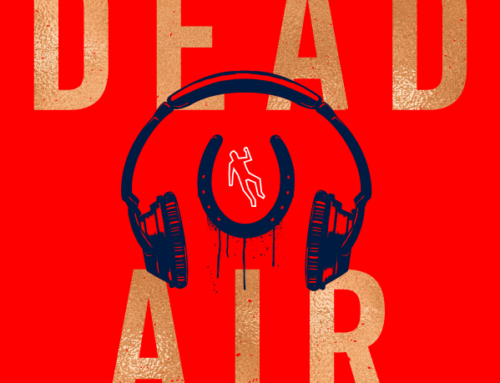note: this post has some specifics about my books. I tried to mark them as spoilers, but just be aware.
I was just reading Beth Revis’s blog about writing dystopias and I think she does a great job of explaining why dystopian literature isn’t always depressing and I thought I might piggy-back off of her discussion here.
This is a question I got asked at almost every tour stop: when are you going to write something happy — your books are SO DEPRESSING! And here’s my answer: my characters live in a pretty brutal world, there’s just no way around that so yeah, some bad things happen in my books.
But here’s the thing (and I hope this isn’t a spoiler but just in case you’re extremely spoiler averse, stop reading now): when all is said and done, at the end of my books my characters know who they are. They know the core of their strength and they survive. They go up against some pretty difficult odds where daily existence isn’t a given and they make it through — they push themselves farther than I think many people could.
To me, that’s a happy ending: knowing who you are, knowing you can survive, knowing what you want in life and how to go after it and not settling. These are good things.
**and here’s where I do actually get spoilery and explainery**
If a happy ending for Mary were just about ending up with a man and a dog, she’d have stayed in the village and married Harry. That’s what her mom did and though it didn’t work out terribly well in the very end, she seemed to live a fine life up until her husband got infected.
I meant for Harry to be a viable choice for Mary. And I meant for Travis to be a viable choice for Mary. To me, that’s the essence of a love triangle — each man is a viable choice for the heroine but each speaks to a different part of who she is. The heroine isn’t choosing between two men, she’s choosing who SHE wants to be and that will dictate who the right match is.
If Mary chose to be content and not seek answers to her questions — to let the status stay quo — then Harry was the right match. If she chose to ask questions and seek out answers and push past the fence, then Travis was the right match. Mary wasn’t choosing between them — she was figuring out who *she* wanted to be.
**and here’s where I get general again**
To me, a love triangle done right isn’t about a female* character’s affections bouncing back and forth between two men, it’s about her internal struggle within herself as she figures out who *she* wants to be and what’s important to her. This internal struggle then gets reflected externally as she wars within herself and grows. And that’s the heart of any book — a character’s growth from first page to the last. Generally, even as a character grows and changes she backslides (what sometimes looks like a flip-flop in affections) and sometimes a character will cling to their old way of being even as the struggle to adopt a new way.
Growth isn’t easy. Figuring out who you are isn’t easy. That’s why I think that a book that ends with a character who knows who they are and what they want is a good thing.
I think Beth makes an excellent point when she says: “That’s why dystopic literature isn’t really depressing. Because it’s about the strength of humanity beyond the cruelty of the world.” Someone once said that happy people make for short books. I tend to agree with that.
* I’m talking about a love triangle between one woman and two men, I’m sure the same applies to one man and two women or three women or three men or what have you.





Good insights! I love the way you explain love triangles … and you know, I agree with you.
Love this post! You nail it.
Way to be! I am so glad you spelled it out here, and I have to agree with your point. I just love how your characters grow throughout the novels, but it's because of the conflict they face. You wouldn't have the amazing endings you do if Mary and Gabry didn't have to go through such hard times.
**spoiler alert – don't read after this point unless you've read The Dead-Tossed Waves or want it ruined**
One of my favorite parts in TDTW is when Mary meets Harry again, and they realized they had to go through all that to be together in the end. In that sense, Harry also changed from who he was before he pushed beyond the fences, and it matched more with who Mary had chosen to become. 🙂
Brilliant! That's such a great way to explain the love triangle, especially the vacillation between the two possible loves.
As to whether it's backsliding or not, I guess it depends on the guys. Sometimes they each represent better parts of the girl than who she is now, and she just has to decide which fork to take, rather than it being a forward/backward kind of thing.
Sigh…Travis.
I agree, I think that really is a big reason for the popularity of love triangles – seeing the protagonist choose who they want to be, via the markers of who they want to be with: the one who helps them be the person they want to be.
It also explains why love triangles are so contentious: people are like: be this Katniss, be this Mary, be this Bella. Because that's who they'll be at the end.
Love this post! Love triangles say the most about the person in the middle of the triangle. It adds to the plot tension as you wonder which way he/she will grow.
Thanks for the responses y'all!
Chersti- I love that too and I should write another post soon about why I dedicated the book to my mom and stepfather (it's related)
Excellent point Jeri! I hadn't thought of it that way!
Yes Sarah! And you're right that often the two love interests in the triangles are mirrors for the one in the middle — highlighting the distinctions and choices.
Thanks Cory, Jess and Katherine!
Such a great way to explain the motivating forces behind love triangles.
Also, I love that dystopians don't always have to be depressing – sure the world might be dark, but there can be hope and growth, too.
Very nicely stated!
I have to say, I never thought of your books as depressing. Oh sure, bad things happen, but there has always been the hope of a brighter future for the characters.
I couldn't agree with you more. I love dark, gritty books full of struggle and heartache for the very reasons you've outlined here. Great post.
Wow! I LOVE the way you said this!!! It's so true-the choice of who the heroine wants to be.
Here! here! Excellent post and I agree 100%
Oh good grief! Happy is easy. In my world and most everyone else's there isn't a happily ever after. Close – but no cookie in the jar.
Life is filled with duplicity, angst and ugly realities. If you plan on writing from a real life perspective, you won't/can't glamorize that fact (you can but it won't ring with a whole lot of truth).
I think it takes more for a writer, to write soulful, heart-rendering probables in their plots.
I love the fact you write from the perspective you do. (Hugs)Indigo
/blushes
It totally made my day that I got quoted here! 🙂 I for real called my husband and made him look. 🙂
Excellent post! You explain the essence of the love triangle very eloquently here. I feel like saying "my, what a good writer you are…" Duh.
I just finished the book, and I have to say, I loved it. I loved that it isn't traditionally "happy" and that the love triangle isn't your perfect, cookie cutter plot. It was amazing and perfect and I loved it, and this post describes things perfectly.
I can't wait to read your second book!
Hello!
Finished reading The Forest of Hands and Teeth and I absolutely loved it. I'm really looking forward to picking up the next one!
I actually just wrote a post on writing post-apocalyptic fiction, using your novel as an example of Zombie stories done right.
If you're interested, check it out:
http://shaunbarger.blogspot.com/2010/05/fun-with-apocalypse-writing-tips-and.html
Thanks for the great read!
-Shaun
Very true. And thought I'd add this: You're correct. The same does apply for m/m/m. But in that case, it's almost too acceptable that a character might be promiscuous because when people think gay, they often relate it to sex and not much else. A good triangle will emphasize the non-physical aspects in particular. Or that is my thought at least.
Thanks for clearing that up!
Wow! This is a great way of thinking about it! I can already see this influencing my own writing!
I love the explanation about love triangles. It puts it in a whole different perspective.